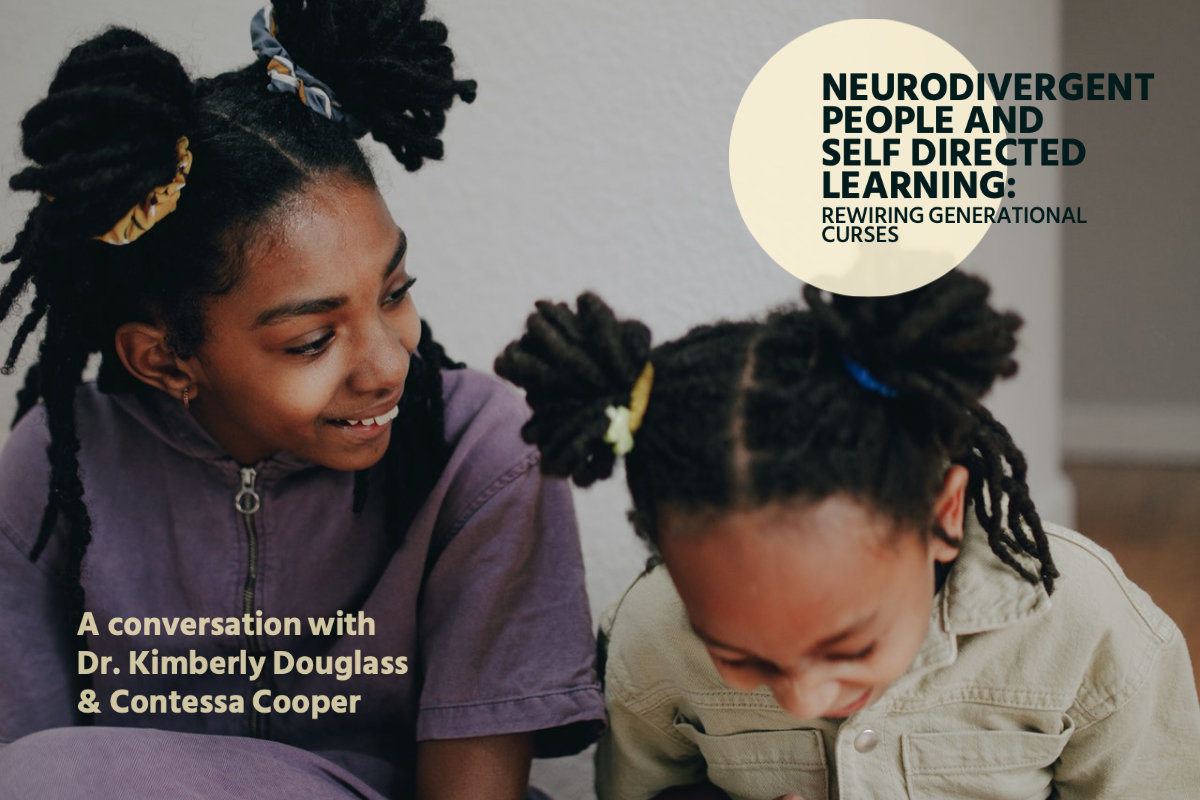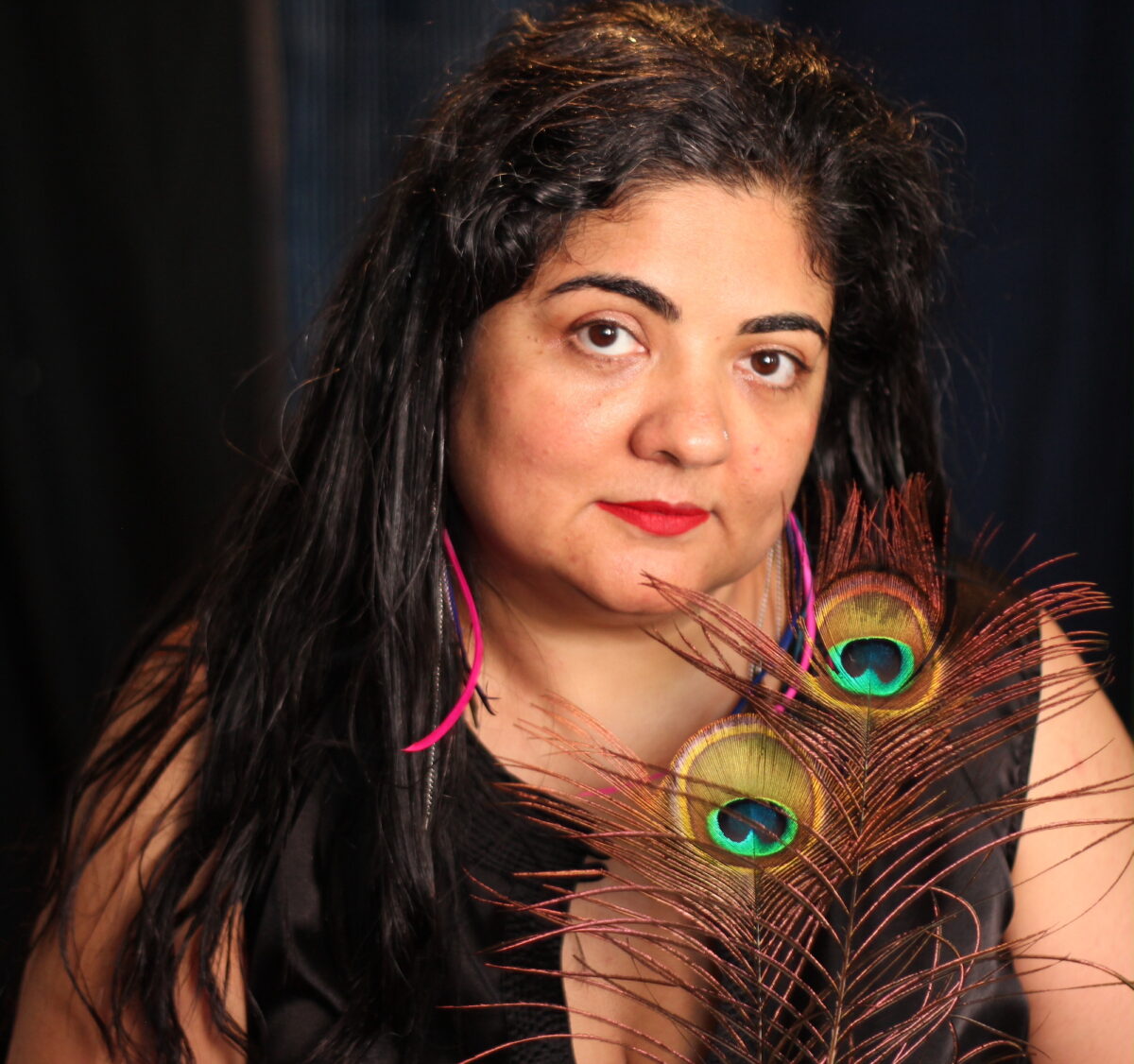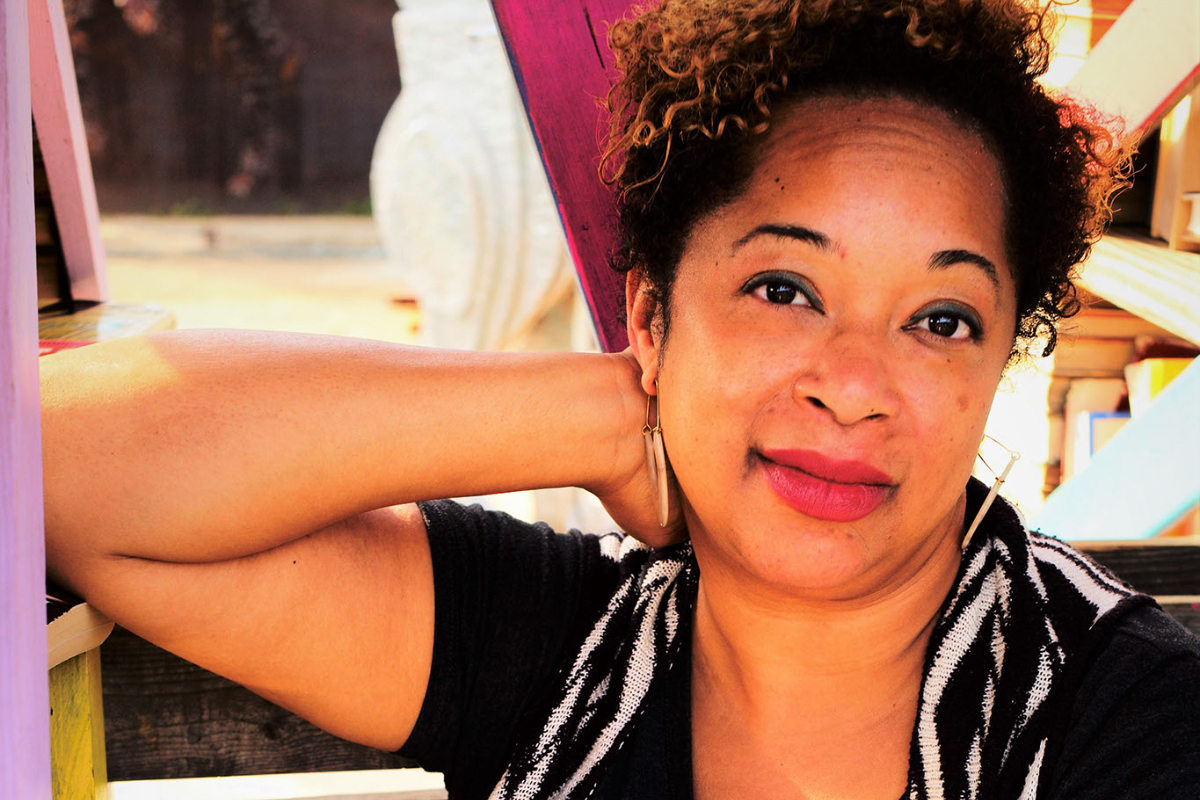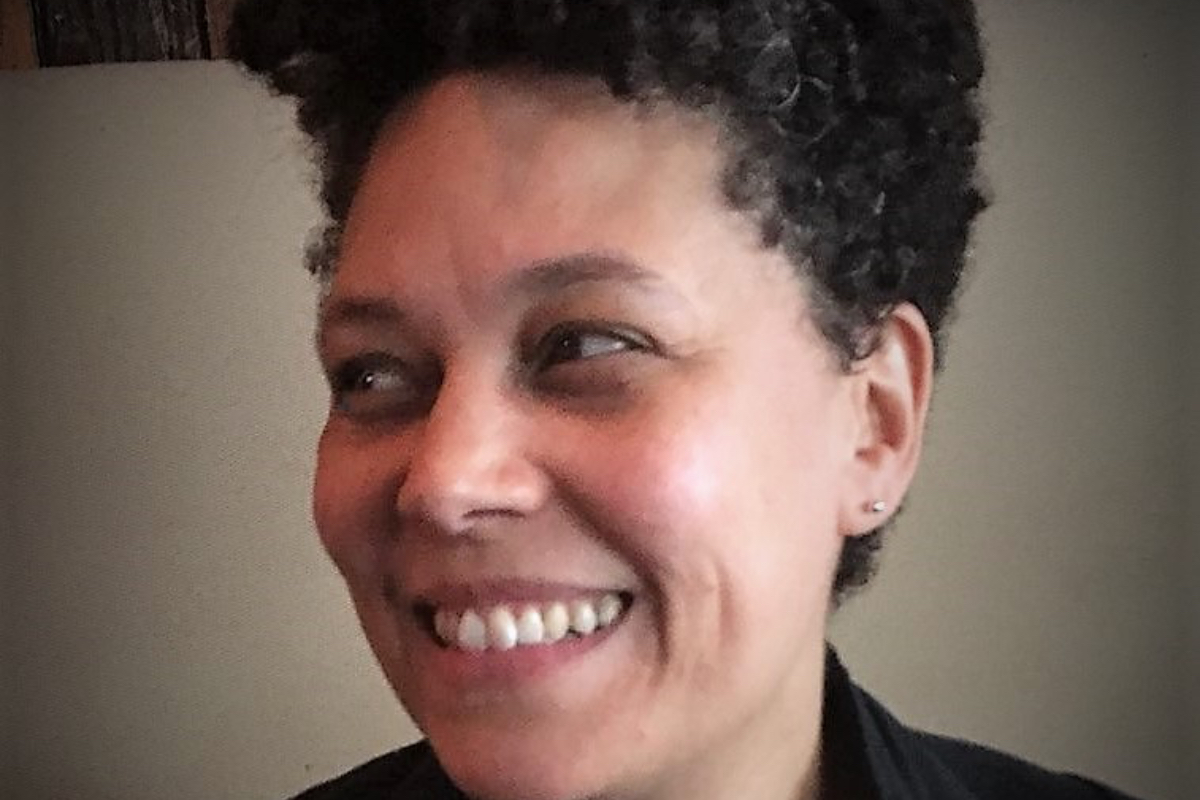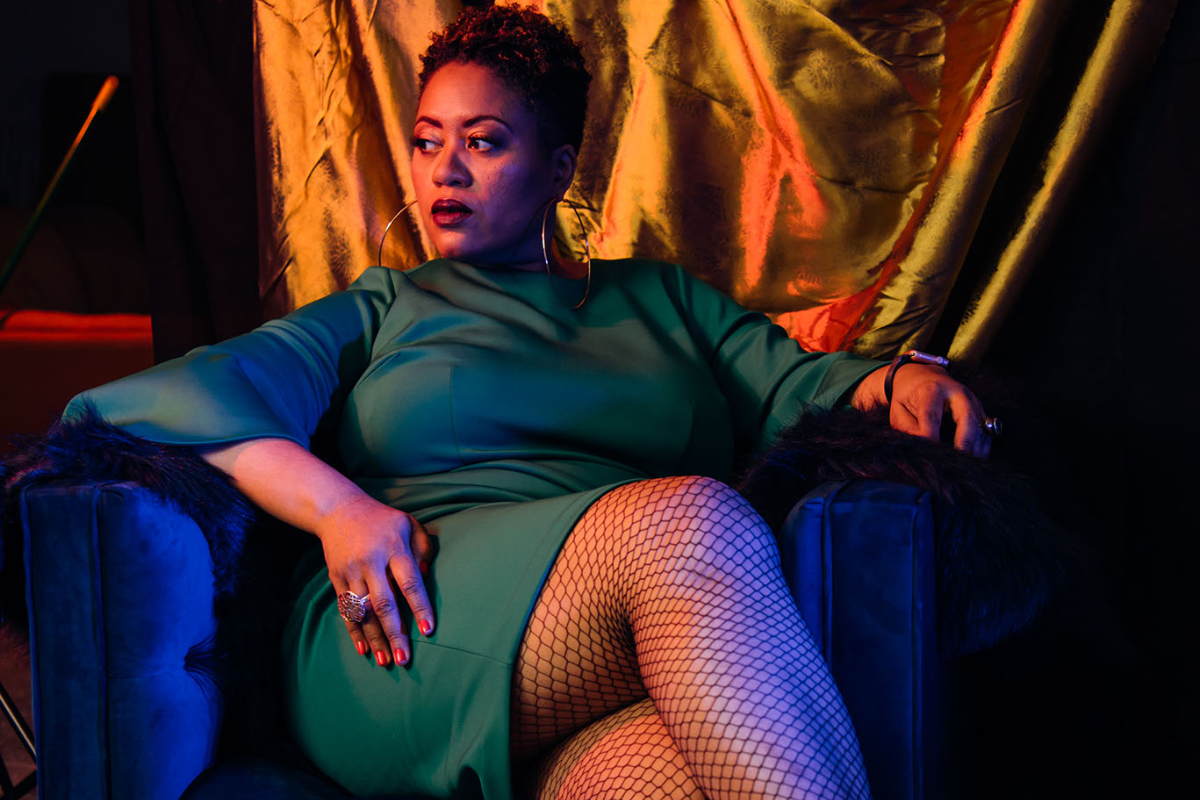Neurodivergent People & Self Directed Learning: Rewiring Generational Curses
Dr. Kimberly Douglass and Contessa Cooper came together to host our first ever video conversation to discuss how self directed learning can help rewire generational curses that we all live and parent under, but particularly for neurodivergent parent and child dynamics. Please enjoy the conversation. Transcripts provided below. Kimberly Douglass: Hello, I’m Dr. Kimberly Douglass and today I am with my colleague Contessa Cooper and we are bringing you “Neurodivergent People and Self-Directed Learning: Rewiring Generational Curses.” So, neurodivergent people and self-directed learning: rewiring generational curses—that is a mouthful. I am Dr. Kimberly Douglass, and I am a coach to neurodivergent adults and I work with people one-on-one in group settings and also work with individuals who work with neurodivergent people and helping them be better advocates for what we need as neurodivergent people. You can reach me if you want to talk with me and I encourage you to reach out to me Dr. Kimberly Douglass on TikTok and it’s Douglass with two s’s. You can click the link in my bio and that …

